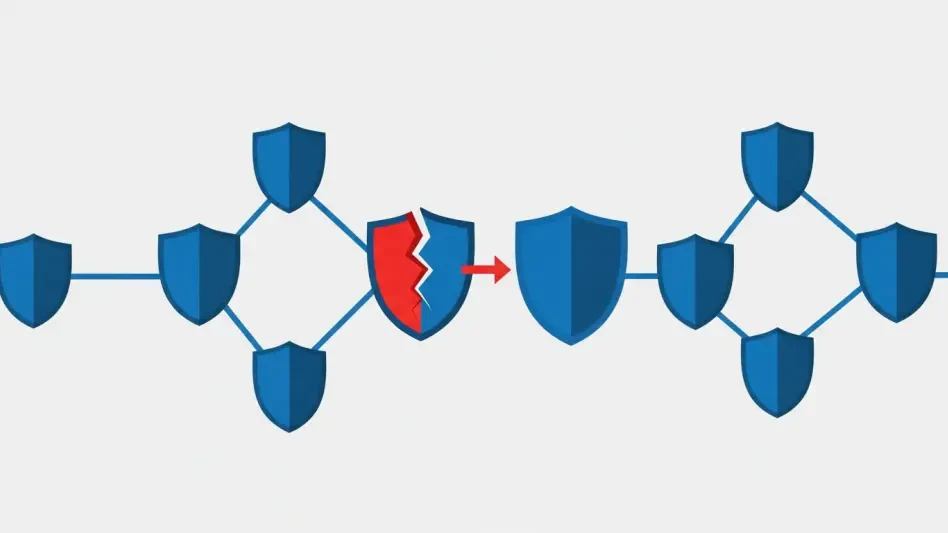In a world deeply connected by digital services, the integrity of personal data faces unprecedented challenges. How secure is your personal information with car-sharing companies like Zoomcar Holdings? As millions of Zoomcar users can attest, being informed that your sensitive information has been exposed is an unsettling reality. The breach discovery on June 9 highlights the vulnerable landscape of data security. Car-sharing services, such as Zoomcar, are part of a broader pattern of companies experiencing frequent attacks, raising concerns about digital privacy.
Why This Matters: The Stakes in Digital Privacy
The reliance on digital platforms for crucial daily activities and transactions grows exponentially, yet this transformation carries risks. The global surge in cybersecurity threats underscores the vulnerability of user data, presenting significant implications for both consumers and businesses. Privacy concerns occupy center stage due to the unpredictable threats facing car-sharing companies and other digital service providers. The repercussions are not merely theoretical; they pose real challenges in safeguarding identities and preventing unauthorized access.
Dissecting the Zoomcar Incident: What Happened?
Zoomcar discovered unauthorized access to its network on June 9, setting in motion an immediate response to mitigate breaches of personal information. The compromised data included names, phone numbers, car registration numbers, home addresses, and email addresses. Fortunately, financial details and passwords appeared untouched at the time of reporting. This breach is reminiscent of past data compromises in the car rental industry, as seen with notable incidents involving Hertz and Avis, underlining persistent vulnerabilities despite technological advances.
Insights from Industry Experts and Investigations
Experts are scrutinizing the circumstances surrounding the breach, sharing important perspectives on the associated risks. Paul Bischoff, Consumer Privacy Advocate, stresses the vigilant defense against phishing threats for affected users. Meanwhile, cybersecurity specialists scrutinize Zoomcar’s current security measures, providing insights into the company’s protocols and defenses. Law enforcement officials articulate typical hacker strategies, illuminating motivations behind these cyber attacks to better understand and prevent future incidents.
Protecting Yourself and Your DatPractical Advice
In light of this breach, users are keenly aware of the necessity to safeguard personal information against phishing scams and other threats. Practical measures include being cautious with unsolicited communications and monitoring accounts for unusual activities. Personal data security can be strengthened by adopting best practices, such as using strong, unique passwords and enabling multi-factor authentication. Additionally, advocating for stringent industry-wide cybersecurity standards can contribute to a safer digital environment, empowering individuals to protect their own and others’ sensitive information.
Users benefit from implementing these proactive measures by enhancing personal information security and mitigating the risk of phishing attempts. Industry-wide advocacy for comprehensive cybersecurity improvements fosters a safer digital landscape, encouraging continuous adaptations to defend against cyber threats. Companies like Zoomcar face imperative actions to protect customer data, fostering a cautious approach toward digital transactions and interactions.








